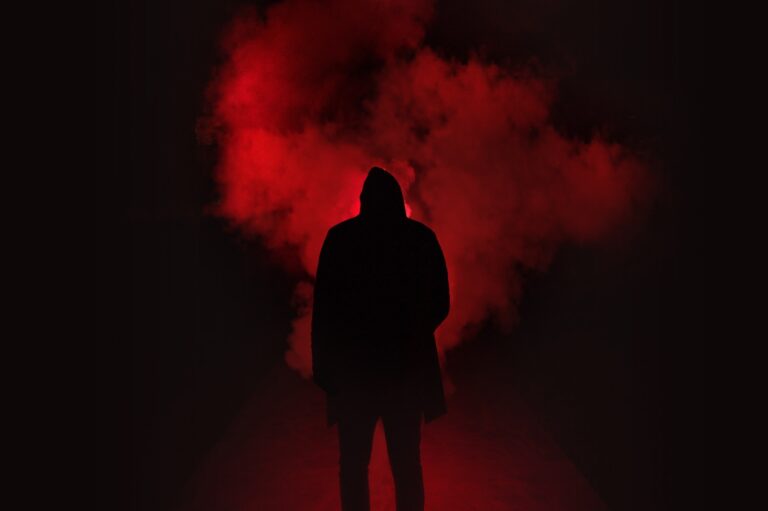What is the legal status of prostitution in Solomon Islands?
Prostitution in the Solomon Islands is illegal under the Penal Code of the Solomon Islands, which states that anyone engaging in prostitution, running a brothel, or acting as a pimp can be prosecuted. However, despite the illegality of prostitution, it is still prevalent in the country, particularly in the capital city of Honiara and other urban areas.
There are several provisions in the Penal Code of the Solomon Islands that address prostitution and related activities:
- Section 144 – Makes it an offense for a person to live on the earnings of prostitution or to aid, abet, or compel a person to engage in prostitution.
- Section 145 – Prohibits the keeping or management of a brothel or the letting of premises for use as a brothel.
- Section 146 – Criminalizes the procurement of a person for the purpose of prostitution, either within or outside the Solomon Islands.
- Section 147 – Makes it an offense to detain a person in a brothel or other premises for the purpose of engaging in unlawful sexual intercourse.
Penalties for these offenses vary, with imprisonment terms ranging from two to seven years, depending on the severity of the crime. Law enforcement agencies in the Solomon Islands, such as the Royal Solomon Islands Police Force (RSIPF), are responsible for enforcing these laws. However, due to limited resources and other priorities, the enforcement of laws related to prostitution is often inconsistent.
How is prostitution referred to locally in Solomon Islands?
Prostitution in the Solomon Islands is often referred to locally as solwara meri or sea women. This term is used because many women who engage in prostitution are from the provinces and come to the urban areas to work as sex workers. The term solwara meri is also used to describe women who engage in transactional sex or have multiple partners, often in exchange for money, goods, or services.
What is the history of prostitution in Solomon Islands?
Prostitution has been present in the Solomon Islands for many years, but it became more prevalent during the Second World War when American and Japanese soldiers were stationed in the country. Since then, prostitution has continued to grow, particularly in urban areas such as Honiara, where there is a high demand for sex workers due to the presence of foreign workers, tourists, and locals with disposable income. Over the years, the government of the Solomon Islands has made efforts to address the issue of prostitution, including the establishment of a Family Protection Act in 2014, which aims to protect women and children from violence, including sexual exploitation.
Where can I find helpful links, government laws, and resources regarding prostitution legality in Solomon Islands?
Below are some resources that can provide further information on the legality of prostitution in the Solomon Islands:
- Penal Code of the Solomon Islands – The full text of the Penal Code, which includes provisions related to prostitution.
- United Nations Office on Drugs and Crime (UNODC) Global Report on Trafficking in Persons – Provides information on human trafficking, including sex trafficking, in the Solomon Islands and other countries.
- 2020 Trafficking in Persons Report: Solomon Islands – A report by the U.S. Department of State on human trafficking, including sex trafficking, in the Solomon Islands.
- Refworld – Solomon Islands: Treatment of prostitutes and transvestites by the police and society – A report on the treatment of sex workers and transgender individuals in the Solomon Islands.
